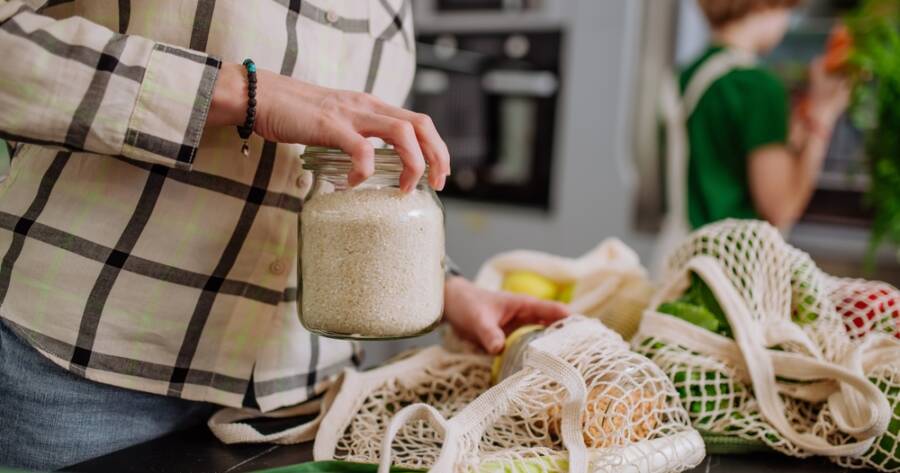Sustainable shopping is rapidly gaining traction as more individuals become conscious of their ecological footprint. With countless eco-friendly products hitting the shelves, consumers have the opportunity to make choices that could potentially benefit the environment while still enjoying quality and style. The wide range of innovations and creativity in sustainable goods is fascinating.
Understanding Eco-Friendly Products
Eco-friendly products are designed with both environmental impact and consumer needs in mind. They are often made with sustainable materials, renewable resources, and ethical labor practices.
Such products range from clothing to household goods and aim to reduce waste and conserve resources. Many people enjoy these items because they not only offer potential benefits for the planet, but also often feature unique designs and superior craftsmanship.
Materials Matter
The materials used in eco-friendly products can vary widely, but they often prioritize sustainability. Organic cotton, bamboo, recycled plastics, and natural dyes are popular choices for creating sustainable goods.
Organic cotton is particularly praised for its reduced chemical use compared to conventionally grown cotton, potentially lessening pollution. Additionally, bamboo grows quickly and requires minimal water, making it an excellent alternative for fabrics and home goods.
Energy Conservation and Production
The production process is another critical aspect of eco-friendly products. Eco-conscious manufacturers tend to utilize energy-efficient processes and renewable energy sources.
These methods can help in reducing the carbon footprint of a product. For instance, many companies opt for solar or wind energy, which might lead to lower emissions compared to traditional fossil fuels.
Everyday Eco-Friendly Choices
Sustainability can be integrated into daily life with some thoughtful choices. Identifying simple swaps and alternatives can contribute to a greener lifestyle.
Fashion Forward and Responsible
Eco-friendly fashion is not only stylish but also centers on ethical production. Brands are focusing on fair labor practices and sustainable materials to potentially reduce the fast fashion industry’s impact. Thrifting and vintage shopping, as well as renting instead of buying, are gaining popularity as they might minimize waste and promote reuse.
Home Essentials and Decor
Creating a more sustainable home involves rethinking everyday items. Products such as biodegradable cleaning supplies, LED lighting, and compostable dishware are making waves. These items could decrease household waste and energy consumption. Organic and locally sourced items in home decor, like rugs or furniture, provide an elegant touch while supporting sustainability practices.
Personal Care and Beauty Products
The beauty industry is seeing a significant shift toward eco-friendly products. Many brands are reducing packaging, opting for biodegradable alternatives, and avoiding harmful chemicals. These choices might not only lessen environmental harm but also reduce exposure to potentially harmful synthetic substances.
Challenges and Considerations
While the benefits of sustainable shopping are compelling, there are challenges and considerations involved. It’s crucial to approach these choices thoughtfully.
Price Considerations
Sustainable products can sometimes come with a higher price tag. This is often due to the more ethical and resource-intensive processes they involve. However, many consumers find that investing in quality sustainable goods could result in longer-lasting products, potentially offering value in the long run.
Certification and Transparency
Navigating through labels and certifications can be complex. Many eco-conscious shoppers seek certifications like Fair Trade, Organic, or B Corp to verify the sustainability claims of a product. Companies providing transparency about their production processes and sourcing might foster trust and encourage informed purchasing decisions.
The Risk of Greenwashing
Greenwashing can pose a significant hurdle for consumers. Some companies use misleading claims to appear more sustainable than they actually are. Critical examination of product claims and reliance on reputable sources may help consumers avoid these pitfalls.
The Future of Sustainable Shopping
The trend towards sustainability shows promise for continued growth. As technology advances and awareness increases, innovation in eco-friendly products could progress further. Collaboration between consumers, businesses, and governments holds the potential to create a supportive ecosystem for sustainable practices.
Learn More Today!
The shift toward sustainable shopping involves a reassessment of consumer habits, influenced by environmental considerations and ethical practices. By exploring eco-friendly options, individuals may participate in a movement toward reduced environmental impact and enhanced lifestyle quality.
Balancing sustainability with practical daily needs could, over time, contribute to a healthier planet and a more conscientious society, making eco-friendly products an appealing choice for thoughtful consumers worldwide.

